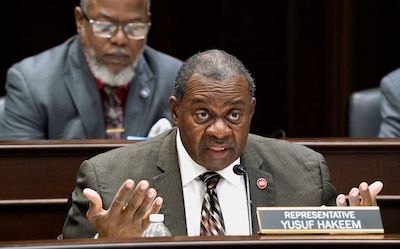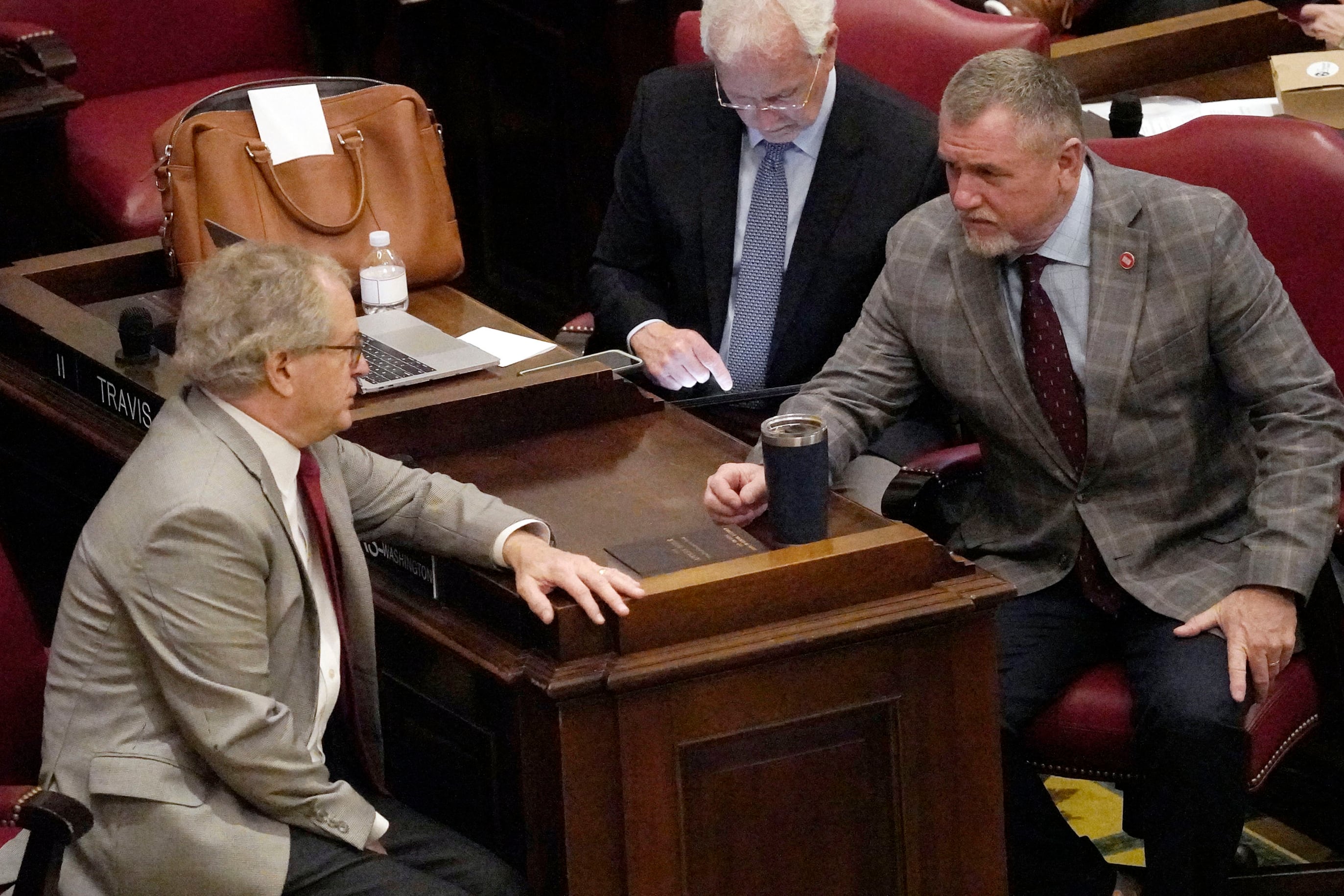Tennessee’s House voted Wednesday for a bill to extend vouchers to Hamilton and Knox counties, just months after the purported pilot program launched in Shelby County and Metro Nashville to let some families use taxpayer money toward private school tuition.
The proposal passed 57-35 and now returns to the Senate, which voted in February to add Hamilton County before the House sponsor introduced an amendment to include Knox County, too.
If it becomes law, the wider expansion bill will bring Gov. Bill Lee’s education savings account program to all four of the state’s urban districts.
The push shows the Republican-controlled legislature’s desire to expand the program quickly after it cleared a series of legal hurdles that had delayed its launch as a pilot program under a 2019 law. The law still faces challenges in court from the Shelby County and Metro Nashville governments.
The state comptroller’s first report on how well the pilot is working isn’t due until Jan. 1, 2026, but that hasn’t stopped Republican lawmakers from pursuing a quick expansion.
“Why would you add two additional counties to an unproven, unsubstantiated program?” asked Rep. Sam McKenzie, a Knoxville Democrat, before voting against the bill. A pilot program, he argued, is designed to test an idea’s effectiveness on a small scale.
“This will actually help us collect more data by having more counties,” responded Rep. Mark White, a Memphis Republican who is co-sponsoring the measure with Sen. Todd Gardenhire of Chattanooga.
Critics say private school vouchers do not improve student outcomes and divert scarce resources from public schools that serve the bulk of students who are disadvantaged or have special needs — also leading to more segregated schools.
White said parents simply want more options for their children’s education. He added that he is seeking to add Hamilton and Knox counties at the request of several lawmakers who represent those areas, including Republican Rep. Michelle Carringer of Knoxville, who spoke on the floor in favor of the bill.
But several Democrats representing both counties said the support of some GOP lawmakers wasn’t good enough.
“The citizens of Knox County, the majority of them, do not want vouchers,” said Rep. Gloria Johnson of Knoxville.

Rep. Yusuf Hakeem, of Chattanooga, added: “What you’re telling us is that it’s not relevant what the parents think in those communities. It’s not relevant what the community leaders think.”
Tennessee’s voucher law caps enrollment at 5,000 students in the program’s first year, far above the current enrollment.
As of April 14, the state education department had approved 705 applicants to use vouchers this school year to exit Memphis-Shelby County Schools and Metro Nashville Public Schools. Of that number, 453 applicants had submitted proof that they’ve enrolled in state-approved private school and are using their voucher of nearly $8,200 to pay toward tuition, a department spokesman said.
The program is already poised to expand next school year under a separate bill passed earlier this session and signed into law Monday by Lee. That measure extends voucher eligibility to students who attended private or home schools during the last three school years. Previously, a student had to move directly from a public to private school.
You can track the bill to extend vouchers to Hamilton and Knox counties on the state legislature’s website.
Marta Aldrich is a senior correspondent and covers the statehouse for Chalkbeat Tennessee. Contact her at maldrich@chalkbeat.org.







